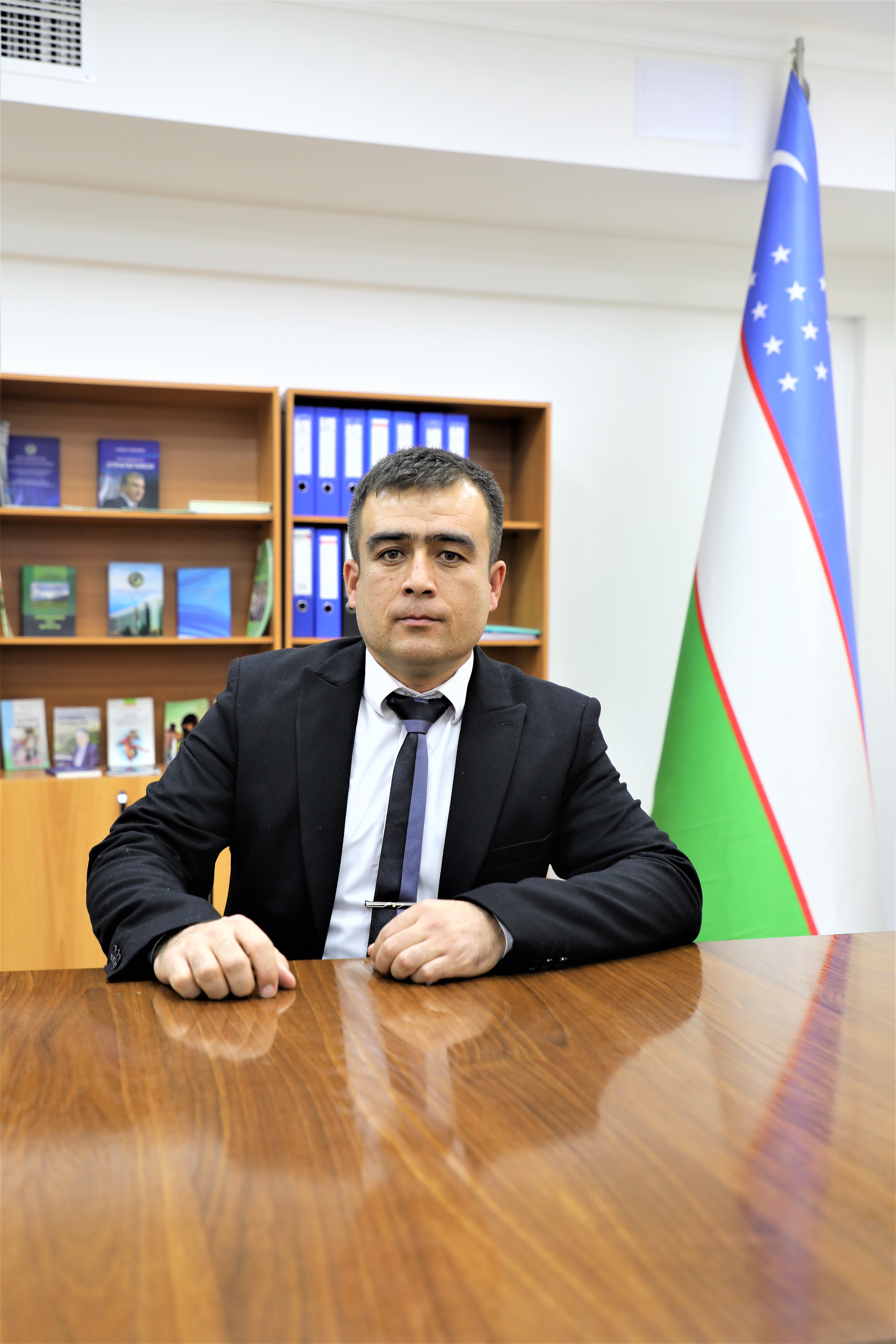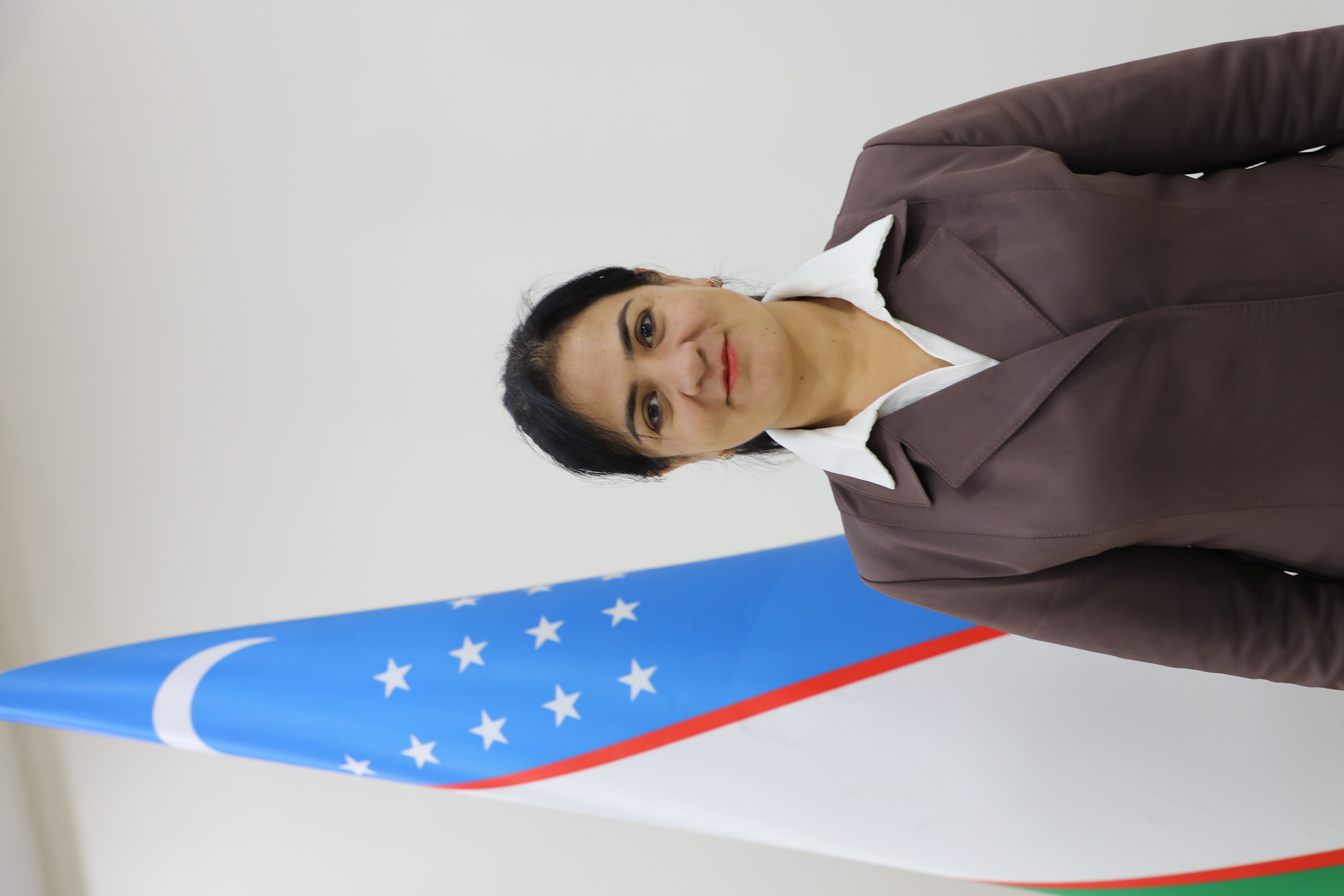ABOUT THE FACULTY
The Faculty of Digital Economy was founded in 1992 on the basis of the Faculty of Applied Mathematics of SamSU. The opening of the new faculty was due to the new strategic objectives of the society, such as the training of highly qualified personnel - economists with knowledge of the market economy. The faculty received an independent development as a separate structure in 1997 on the initiative of Prof. K.S. Saidov, who subsequently raised a whole galaxy of scientists-professors, such as R.A. Seitmuradov, N.U. Arabov, B.Sh. Safarov, D.A. Nasimov, B.Kh. Turaev.
Under the leadership of Dean Prof. K. Saidov, the faculty became widely known due to the establishment of international relations. The educational process was established according to the academic mobility program. Professors from US and European universities were invited. Classes were held in English, which allowed many graduates in the future to find employment in the best companies in the world. Akhmedov Erach works as an expert at Fitch Ratings in the USA, Buranov Timurmalik works as a manager at BAT (Great Britain, Russia). In addition, many researchers have received grants and completed doctoral studies in Europe (F. Niyozov - Denmark, D. Bagirov - Great Britain). Due to the social orientation of the market economy in 2011, the name of the faculty was changed to "Socio-economic". In order to optimize the structure of the university and ensure the implementation of the decision of the Academic Council of Samarkand State University dated July 6, 2018, by order of the rector of the university No. 584 dated July 24, 2018, the faculty was renamed the Faculty of Economics and Business.
For 28 years of functioning of the faculty, the scientific potential has risen above 60%. Moreover, the average age of the degree of professorship was 45 years. At the Faculty of Digital Economy, 3 areas of magistracy are opened - Digital Economy, Human Resource Management, Economic Theory. Thanks to the master's degree, many were able to continue their research activities within the walls of their own faculty. In addition, every year the bachelors of the faculty win prizes at the republican Olympiads and competitions, they also become laureates of state scholarships for A. Navoi and I. Karimov (S. Sultanov, I. Umirov, H. Khasanov).
The Faculty of Economics and Business maintained scientific and cultural ties with the Prague University of the Czech Republic and the Czech University of Natural Sciences, the Granada University in Spain, the J. Nehru Delhi University in India, the Higher School of Economics in Russia, the Perm University, the Kazan Federal University, the Minsk Radio Engineering University in Belarus, Tomsk University of Economics.
Starting from the 2018-2019 academic year, taking into account the needs for training specialists, in accordance with the requirements of the economy, the faculty has opened a magistracy in the direction of 5A231701 - Human Resources Management, and from the 2019-2020 academic year, a magistracy in the specialty 5A234101 - Digital Economy has been opened.
By the Resolution of the Academic Council of Samarkand State University No. 16 dated June 16, 2020 in order to implement the Resolution No. PF-5953 "On the State Program in the Year of Science, Education and Digital Economy", and coordinate future activities in this area, the Faculty of Economics and Business was renamed into the Faculty of Digital Economy. The faculty has three departments “Human Resource Management”, “Digital Economy” and “Economics of Industries”.
Thus, in the 2020-2021 academic year, on the basis of international educational programs organized at the initiative of the Faculty of Digital Economy in cooperation with foreign higher educational institutions, the following areas of joint programs were opened:
Bachelors degree:
- Digital economy (by industry and sector);
- Economy (by industry and sector);
Master's degree
- Corporate finance and the securities market (by industry),
- Human resource management
In the future, the high level of graduation of the teaching staff will make it possible to open a council for the defense of doctoral dissertations. The faculty develops corporate relations with large business objects such as SAG UzBAT, UzAVTO, Beeline, which provide employment for the graduates of the faculty



